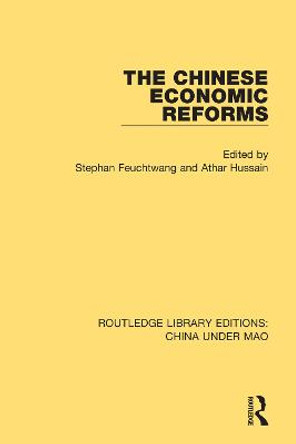Asian business conglomerates have clearly been successful agents of growth, mobilizing capital, borrowing technology from abroad and spearheading Asia's exports. However, these firms have long had a number of organisational and financial weaknesses, including heavy reliance on debt, that make them vulnerable to shocks. Nowhere was this more true than in Korea, where the large corporate groups known as chaebol have dominated the economic landscape. This collection of essays by leading political scientists and economists provides a comprehensive look at the chaebol problem in the wake of the Asian financial crisis. The authors consider the historical evolution of the chaebol and their contribution to the onset of economic turmoil in 1997. The book analyses the government's short-run response to corporate and financial distress, and outlines an agenda for longer-term reform of the financial system, corporate governance and the politics of business-government relations.
Comprehensive collection of essays on Korean corporations in the wake of the Asian financial crisis.ReviewsReview of the hardback: ' ... a well-planned volume. ... written by sophisticated political economists. The Haggard, Lim and Kim volume is a significant addition to the literature on the Asian financial crisis.' International Affairs
Review of the hardback: 'This study will probably become the leading reference in English on how Korean policymakers addressed the chaebol issue in the aftermath of the 1997 crisis.' The Journal of Asian Studies
Book InformationISBN 9780521131711
Author Stephan HaggardFormat Paperback
Page Count 368
Imprint Cambridge University PressPublisher Cambridge University Press
Weight(grams) 540g
Dimensions(mm) 229mm * 152mm * 21mm








